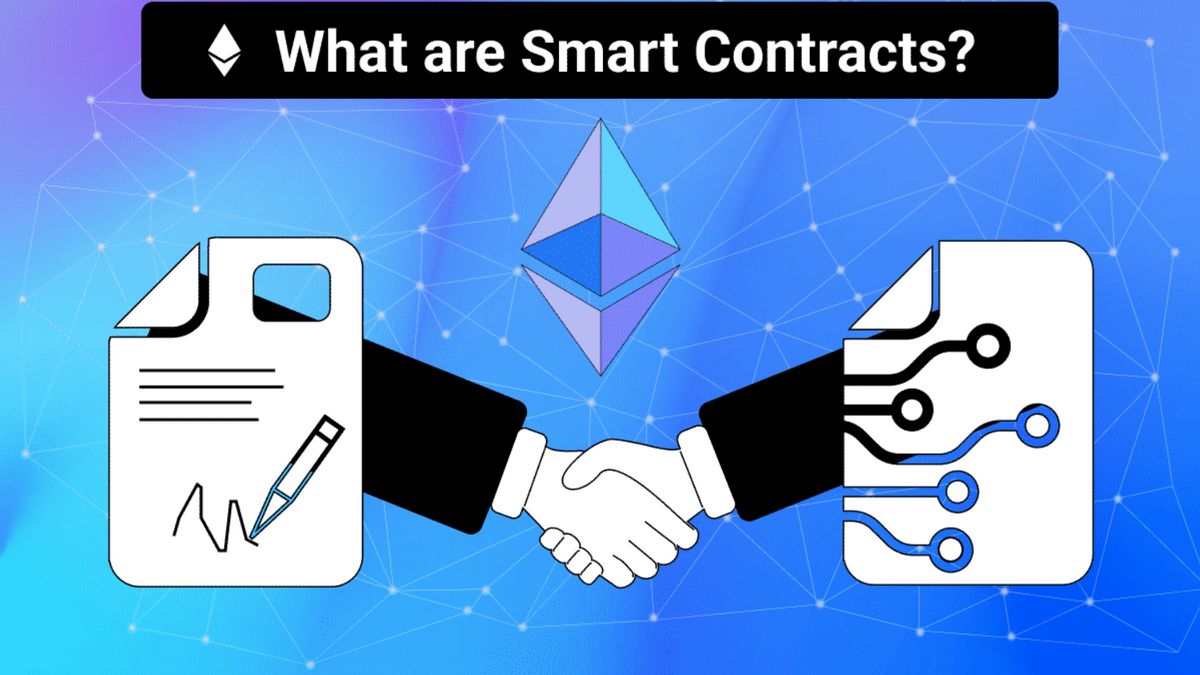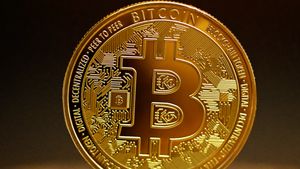JAKARTA – In the era of rapidly developing cryptocurrencies, the concept of smart contracts has filled various crypto news. However, many people do not understand the meaning of smart contracts.
Even so, smart contracts are bringing major changes in the financial industry with tokenization, DeFi (Decentralized Finance), and automatically executed digital agreements. So, what is a smart contract and what is its history? Check out this brief overview to understand the important role of smart contracts in the crypto world as explained below.
Understanding Smart Contracts
The "smart" in smart contracts refers to automation, while the "Contract" indicates an automatically executed agreement. This idea emerged as an innovative solution to automate traditional contracting processes.
In a simpler sense, imagine a smart contract as a digital block containing an agreement between two parties. For example, you want to borrow money from your friend with a promise to repay the loan within a certain time. A smart contract can be used to automate this process.
When the specified time arrives, the smart contract will check whether you have returned the loan, and if so, the money will be automatically sent to your friend. This is a simple example of how smart contracts make agreements and transactions easier, safer and more efficient in the digital world.
SEE ALSO:
History of Smart Contracts
The history of smart contracts begins with the brilliant idea of a computer scientist from the United States, Nick Szabo, in the 1990s. Nick Szabo thought of a way to create agreements that run automatically without the need for human intervention.
This idea was translated into what we now know as smart contracts, which are self-operating digital agreements stored on the blockchain. Smart contracts describe an agreement that is executed by itself. With this concept, Szabo creates the foundation for a revolution in the way we execute contracts and agreements in the digital world.
Smart Contract Development
Significant developments in smart contracts occurred after the birth of Ethereum. Ethereum offers a platform with Turing complete capabilities making it possible to code complex applications. With Ethereum, almost any function can be scaled and executed.
Modern smart contracts often use the Solidity programming language, which was designed specifically for smart contract development. The Solidity code is then converted into bytecode, which is executed by the Ethereum Virtual Machine (EVM). With this capability, smart contracts are not only used for financial transactions, but also for trading, digital assets, token bonds, and various other applications.
Smart contracts have changed various aspects in the world of digital currencies. They enable peer-to-peer trading without the need for trust in third parties through decentralized exchanges.
In addition, they support the lending and borrowing process with collateral and easy interest accumulation. Not only that, smart contracts also enable digital tokens that represent tangible assets such as real estate, NFTs (Non-Fungible Tokens), stocks and commodities.
Furthermore, smart contracts give rise to decentralized autonomous organizations (DAOs) and various automated services such as file storage and shared computing.
In other words, smart contracts have revolutionized the world of digital finance by offering automation, security, and diverse applications. As an integral part of the crypto world, smart contracts are not only changing the way we transact, but also strengthening trust and collaboration in an increasingly connected society.
The English, Chinese, Japanese, Arabic, and French versions are automatically generated by the AI. So there may still be inaccuracies in translating, please always see Indonesian as our main language. (system supported by DigitalSiber.id)















